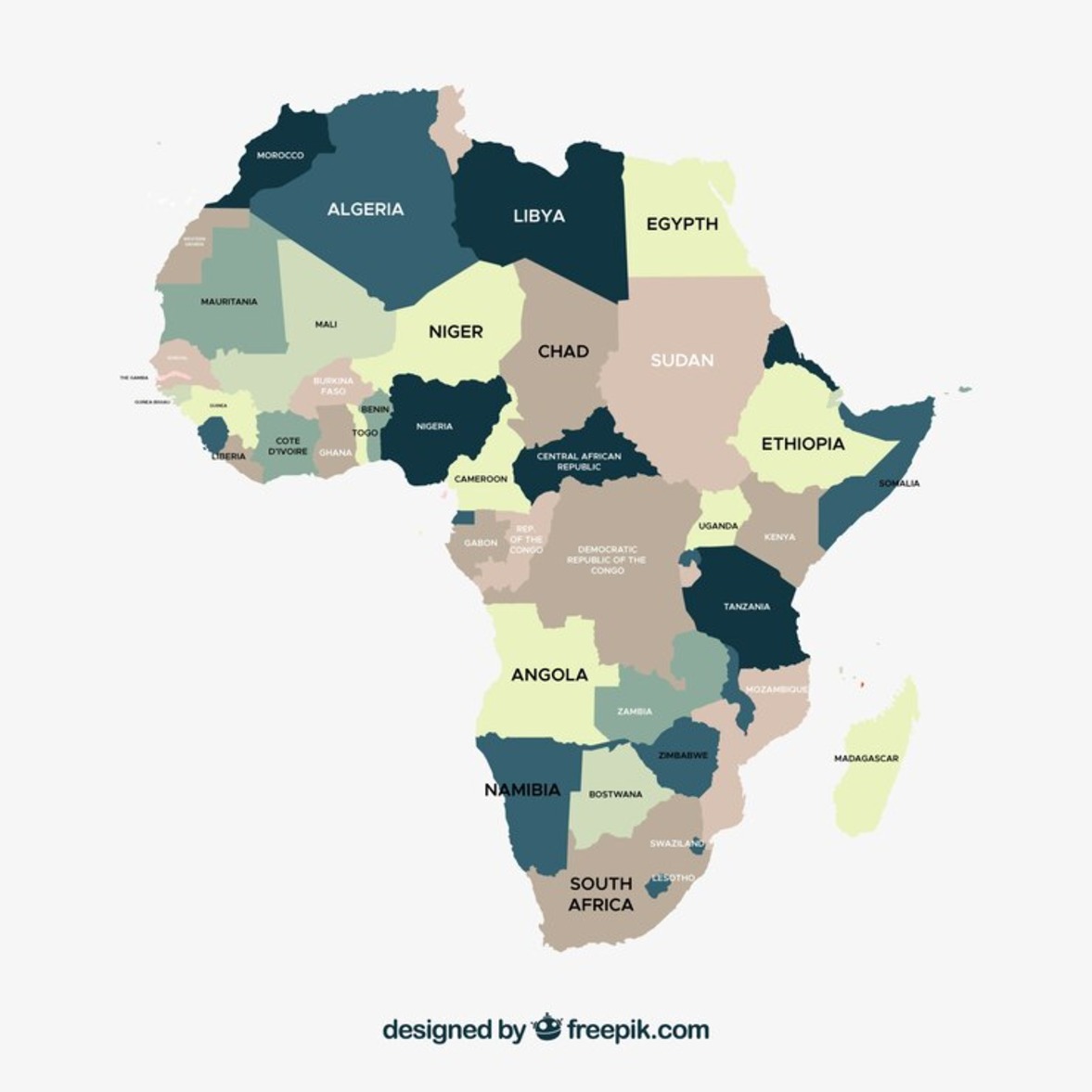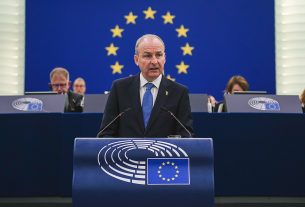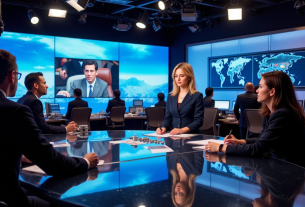The ongoing struggle for stability in Syria faces a new and insidious threat: the proliferation of disinformation campaigns that could rekindle tensions and potentially lead the country back into civil war. With false and misleading narratives flooding social media platforms, both local and international actors are exploiting Syria’s deep-seated divisions to further their own political agendas. Experts warn that the country’s path toward recovery hinges on the ability of the recognized governing faction to navigate these challenges effectively and strategically.
A Growing Wave of Misinformation
Over the past year, Syria has witnessed a significant uptick in disinformation surrounding its conflict and post-conflict reconstruction. Various actors, including political factions, media outlets, and foreign governments, are using social media and other platforms to spread misinformation that exacerbates existing fractures within the country. These campaigns range from manipulating public sentiment on human rights issues to distorting events on the ground to advance particular political goals.
The rise in disinformation is particularly dangerous in Syria, where the country’s diverse communities remain divided along sectarian, ethnic, and political lines. With many factions still vying for influence, even seemingly innocuous pieces of false information can have far-reaching consequences, further inflaming tensions and potentially sparking violence.
The Role of Local and International Actors
Both local and international actors play a central role in these disinformation campaigns. Domestic political factions may use misinformation to rally support or undermine opponents, while foreign powers may seek to influence Syrian affairs by exploiting divisions for their own geopolitical purposes. These external influences are compounded by the complex web of alliances and rivalries that have defined Syria’s recent history, with regional and global powers vying for influence over the future of the country.
The spread of misleading information can take on a variety of forms, from fake news about humanitarian crises to distorted accounts of military actions or human rights abuses. These narratives can easily be manipulated to stoke distrust between communities or to paint the government, opposition groups, or foreign actors in a specific light, deepening the divide and destabilizing efforts to bring peace.
The Path Forward: A Call for Strategic Leadership
For Syria to avoid sliding back into the chaos of civil war, experts emphasize the need for clear, strategic leadership from the country’s governing faction. The recognized authorities must be acutely aware of the risks posed by disinformation and take proactive steps to counteract its spread. This requires a multi-faceted approach: addressing the root causes of division, ensuring transparency in government actions, and engaging in diplomatic efforts to counter foreign interference.
One of the most crucial aspects of this approach is careful decision-making, particularly in sensitive areas such as human rights and the treatment of opposition groups. Retaliatory measures against perceived enemies can easily escalate into larger conflicts, and as such, the government must prioritize inclusivity, reconciliation, and justice in its actions. In addition, the governing faction must remain cautious in taking sides, both within the country and on the international stage, to avoid alienating key stakeholders or exacerbating existing tensions.
The Need for a Systematic and Inclusive Strategy
A fragmented approach to governance and policy will only make the country more susceptible to disinformation and division. Therefore, a systematic and inclusive strategy is paramount. This includes fostering dialogue between the different communities in Syria, addressing grievances with a focus on long-term solutions, and ensuring that international stakeholders are engaged in a constructive manner that supports the country’s stability.
Efforts to rebuild Syria’s institutions and infrastructure must also be closely monitored to prevent the manipulation of recovery efforts for political gain. International aid and reconstruction funds should be used transparently, and the Syrian government should take a firm stand against corruption and any misuse of resources that could fuel further discontent.
Conclusion: A Critical Moment for Syria’s Future
As Syria continues to emerge from the devastating effects of its prolonged civil war, the country faces an important crossroads. The rise of disinformation campaigns presents a serious threat to the fragile peace that remains. The decisions made by Syria’s leadership in the coming months will play a critical role in determining whether the country can stabilize and recover or whether it will spiral back into conflict.
By implementing a strategic, well-thought-out plan that prioritizes unity, transparency, and human rights, the Syrian government can take steps to neutralize the threat of disinformation and lead the country toward a more peaceful and stable future. However, this will require careful navigation of both domestic and international pressures, as well as a commitment to long-term solutions that address the underlying causes of division. The stakes have never been higher for Syria’s future.



